TikTok's Influence Sparks Worry: A Shift from Chinese to American Control
The social media landscape has taken a dramatic turn with the recent executive order signed by Donald Trump, allowing TikTok US to remain available in America despite a 2024 congressional ban. The move marks a significant shift in control, transitioning from ByteDance, a Chinese company under Beijing's shadow, to an American-led entity.
TikTok's influence extends far beyond its massive user base of over a billion people worldwide. It has become the most powerful information platform on the planet, with the ability to shape cultural trends and sway public opinion. The app's algorithm-driven feed can make or break a celebrity's career, while its "For You" page can spread misinformation and propaganda at an alarming rate.
"This is not just about TikTok; it's about who owns the app moving forward," said Nikolas Kokovlis, a media analyst. "Whoever steers policy will have significant influence over what content is allowed to be shared, and that's particularly worrisome now."
The concern surrounding TikTok's ownership has been ongoing for years, with US lawmakers pushing for either a ban or forced sale to American investors. However, the new development raises questions about the motivations behind Trump's executive order.
"American control is troubling in its own right," said Kokovlis. "It's not just about Chinese influence; it's about who gets to decide what information is shared and how."
The creation of TikTok US will involve a new entity with Larry Ellison, CEO of Oracle, Michael Dell of Dell Technologies, and the Murdochs reportedly involved in its management. China still needs to approve the deal, which has sparked concerns about Beijing's potential influence over the new company.
TikTok's impact on society is multifaceted, with both positive and negative effects. On one hand, it has provided a platform for marginalized voices to be heard and has helped to break down cultural barriers. On the other hand, its algorithm-driven feed can perpetuate echo chambers and spread misinformation.
As the social media landscape continues to evolve, experts warn that the shift in control will have significant implications for content moderation, data privacy, and national security.
"The stakes are high," said Kokovlis. "Whoever owns TikTok will not only shape the app's policy but also influence the global conversation."
The future of TikTok US remains uncertain, with China still needing to approve the deal. As the world waits with bated breath, one thing is clear: the battle for control of this powerful information platform has just begun.
Background
TikTok was launched in 2016 by ByteDance, a Chinese company valued at over $75 billion. The app quickly gained popularity worldwide, with its short-form video format and algorithm-driven feed making it a favorite among younger generations.
In 2024, the US Congress passed a bill banning TikTok from operating in America unless it was sold to an American investor. However, Trump's recent executive order has paved the way for the creation of TikTok US, which will allow the app to remain available in the country despite the ban.
Additional Perspectives
Dr. Ruoyu Chen, a media studies expert at the University of California, Los Angeles, notes that the shift in control raises questions about cultural ownership and representation.
"TikTok's influence is not just about its algorithm or user base; it's also about who gets to decide what content is shared," said Dr. Chen. "The new entity will need to address these concerns and ensure that diverse voices are represented."
Current Status
As the deal awaits China's approval, experts warn that the stakes are high. The creation of TikTok US marks a significant shift in control, with American investors taking over from ByteDance.
"The future of TikTok is uncertain," said Kokovlis. "But one thing is clear: whoever owns the app will have significant influence over what information is shared and how."
*Reporting by Vox.*
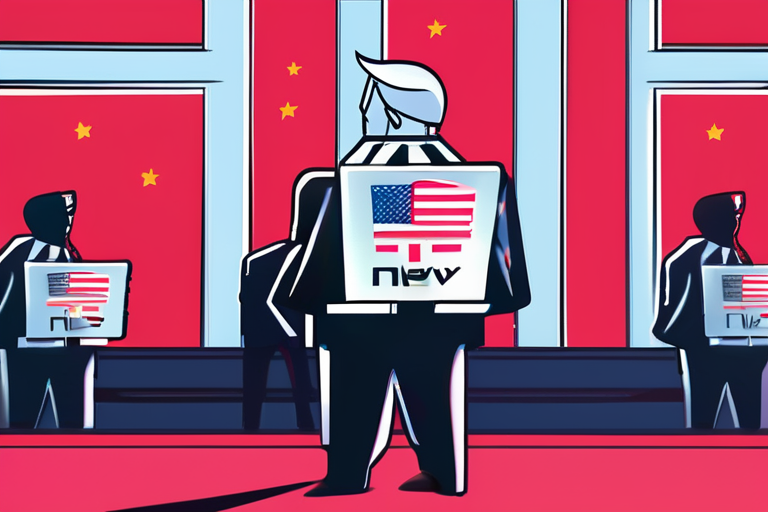

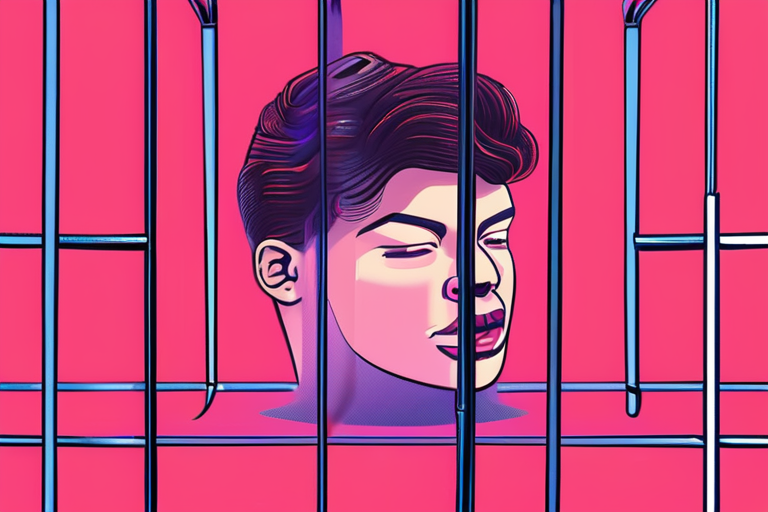
 Hoppi
Hoppi

 Hoppi
Hoppi
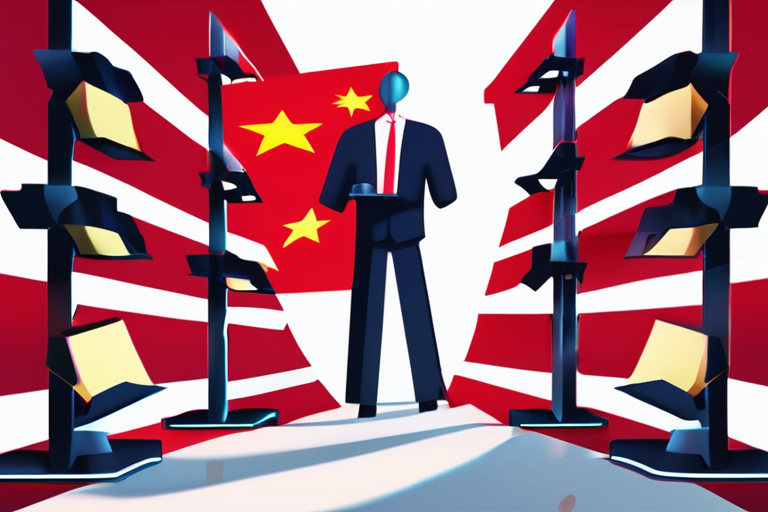
 Hoppi
Hoppi
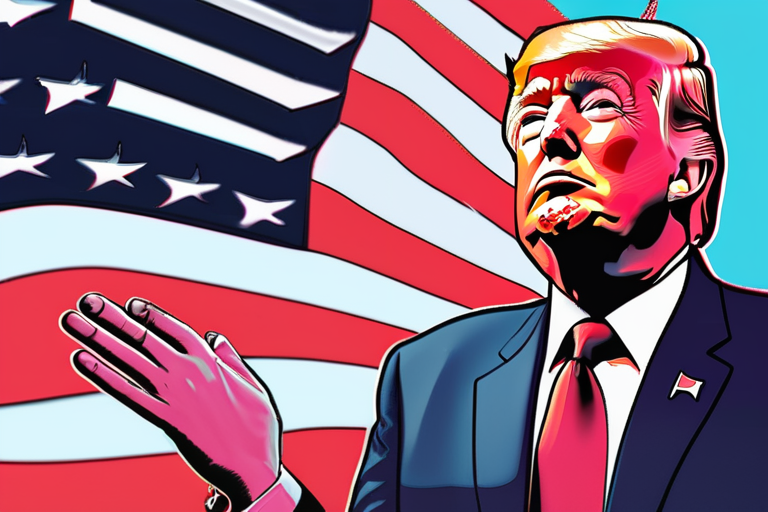
 Hoppi
Hoppi
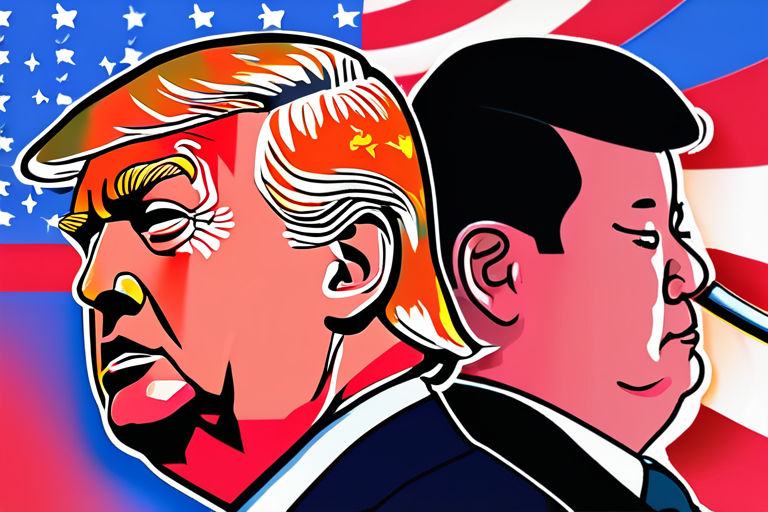
 Hoppi
Hoppi
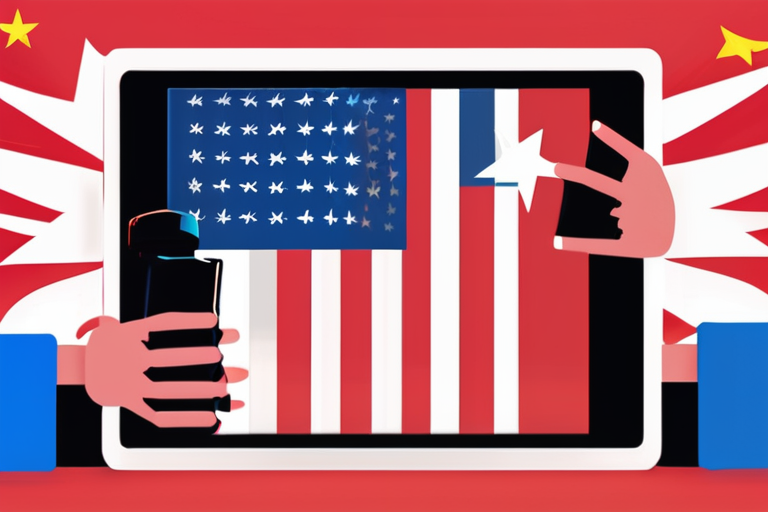
 Hoppi
Hoppi











